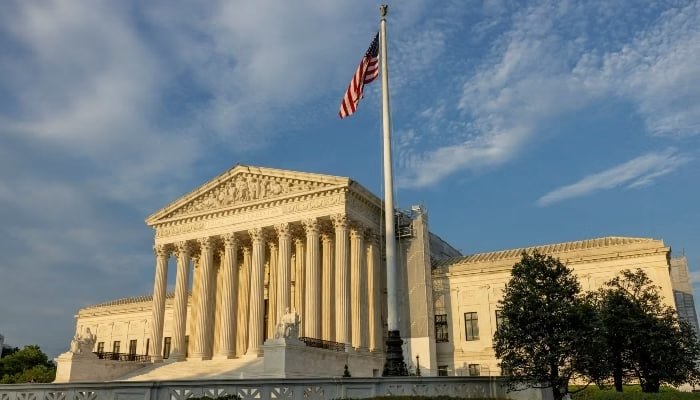The United States Supreme Court is set to confront one of its most defining terms as it examines the unprecedented expansion of presidential authority under Donald Trump. When the court resumes its fall session on Monday, legal experts say the justices will face a crucial test—whether they act as a check on Trump’s power or continue to endorse his sweeping executive actions.
According to Erwin Chemerinsky, dean of the University of California, Berkeley School of Law, the key issue is whether the court will serve as an independent institution or simply validate Trump’s policies. With a conservative majority that includes three Trump appointees, analysts expect the former president to continue gaining legal victories.
Among the cases on the court’s docket are issues involving voting rights, state bans on transgender athletes in girls’ sports, and a religious liberty dispute involving a Rastafarian prisoner whose dreadlocks were forcibly cut. However, the most significant case centers on Trump’s decision to impose hundreds of billions of dollars in tariffs and whether he had the legal authority to do so. Lower courts have ruled against him, but the Supreme Court will now take up the matter in full hearings scheduled for November 5.
Critics say the court has frequently sided with Trump on controversial issues, often using its emergency “shadow docket” to issue rulings with minimal explanation. This approach has allowed Trump to fire federal workers, dismiss independent agency officials, withhold congressional funds, and enforce aggressive immigration policies. Legal scholars like Cecillia Wang of the ACLU argue that the court has gone out of its way to “green-light” Trump’s agenda.
The high-stakes tariffs case could have massive financial implications, potentially forcing the government to refund billions if Trump loses. Additional cases related to presidential power will be heard later this year, including challenges to Trump’s authority over the Federal Trade Commission and Federal Reserve Board.
The court will also hear a major voting rights case from Louisiana on October 15 that could reshape how majority-minority districts are drawn across the country. Other upcoming cases will address transgender participation in sports and religious freedom claims.
Observers say this Supreme Court term could redefine the limits of executive authority in the United States—testing how far a president’s power can extend under constitutional law.



